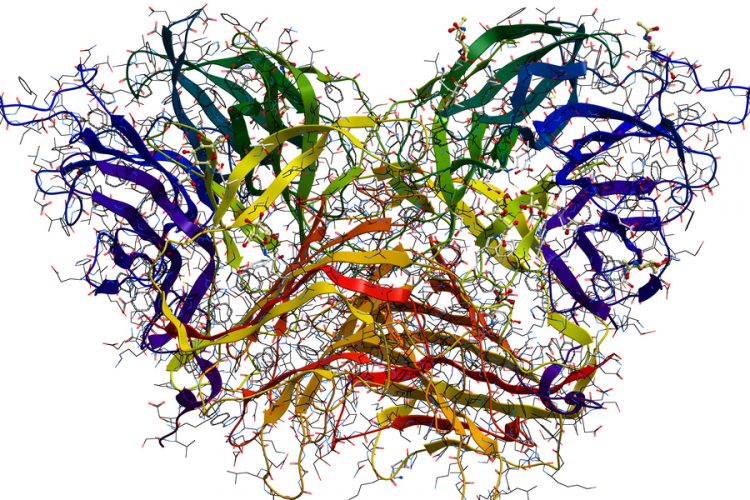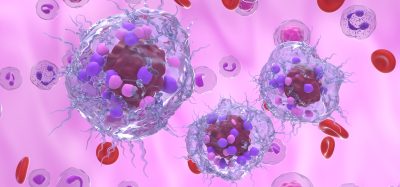New approach makes it easier to find novel drugs
Posted: 7 August 2017 | Dr Zara Kassam (Drug Target Review) | No comments yet
Scientists have created a new way of screening compounds that is more sensitive than existing methods, opening up the possibility of finding new drugs…


Scientists have created a new way of screening compounds that is more sensitive than existing methods, opening up the possibility of finding new drugs for many diseases, the researchers hope that their new technique will help to speed up drug development and find new uses for existing drugs and other compounds present in pharmaceutical libraries.
The researchers at the Francis Crick Institute and University of Manchester developed a new way to screen for allosteric compounds, which regulate the activity of enzymes. However, these metabolic pathways need to supply exactly the right amount of products at a given time, so, sometimes, they need to be temporarily switched on or off depending on the amount of product that has been made. The new method, called CoSPI (compound screening in the presence of an inhibitor), involves screening enzymes and their substrates in the presence of a known allosteric inhibitor to see if any of the test compounds interacts with the inhibitor.
“Allosteric enzymes have important functions in all living things from bacteria to humans, and now we have an improved way of finding new drugs that could work by targeting them,” says Luiz Carvalho, Group leader at the Francis Crick Institute.
To show the potential of CoSPI, the team took an enzyme present in tuberculosis (TB) bacteria that speeds up the first step in histidine synthesis- an amino acid essential for humans – and tested compounds on it in the presence of its substrates and a known allosteric inhibitor. They discovered an allosteric compound that successfully competes with the inhibitor, drastically increasing enzyme activity. Ultimately, compounds like this allosteric activator stop proper regulation of metabolic pathways, draining energy from bacteria until they die. Because humans don’t have this enzyme – we get histidine from our diet – it is possible that these compounds could be used to kill TB bacteria without harming human cells, making it a possible new drug for TB and other types of bacterial infection.
“Our method allows us to find out early on how compounds interact to change enzyme activity,” says Cesira de Chiara, researcher at the Francis Crick Institute. “We can find out more information in fewer experiments, which helps accelerate the drug discovery process.”
The paper ‘Uncoupling conformational states from activity in an allosteric enzyme’ is published in Nature Communications.
Related topics
Drug Development, Screening
Related organisations
The Francis Crick Institute, The University of Manchester
Related people
Cesira de Chiara, Luiz Carvalho








